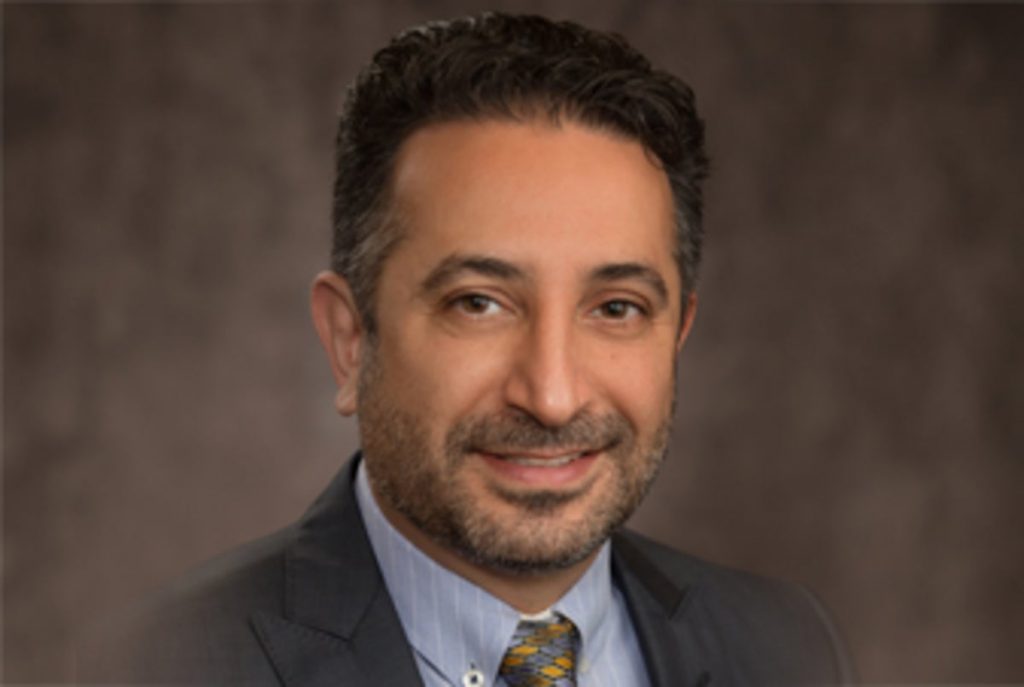Dr. Iman Majd, Director of the Osher Center for Integrative Health, is an integrative medicine specialist, family medicine practitioner and double board-certified acupuncturist. Dr. Majd brings a rare repertoire of integrative specialties to his clinical practice at the UW Neighborhood Clinic in Factoria. For more than a decade after receiving his M.S. in acupuncture from Bastyr University, Dr. Majd has supervised, trained and proctored the next generation of acupuncturists in an ongoing collaboration with Bastyr and the UW. He has lectured nationally and internationally on the incorporation of integrative medicine practices into a mainstream clinical setting. Dr. Majd takes a holistic approach to health, and he tailors his treatment plans based on the individuality of his patients. He uses acupuncture and manual therapy, lifestyle guidance and supplementation to assist patients in regaining and maintaining their health.
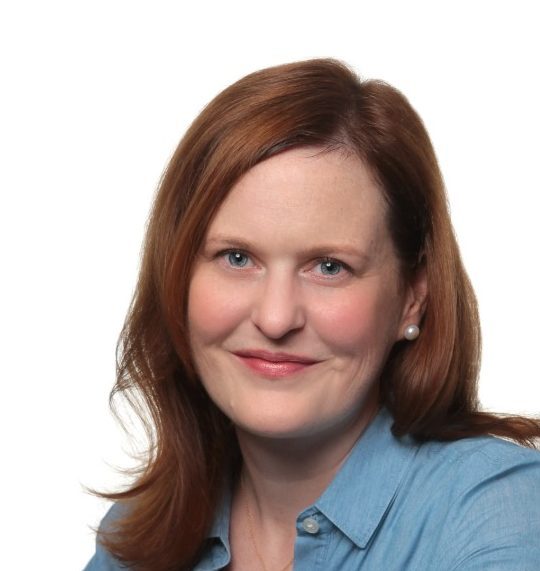
Rachel Ward, MHA
Program Manager
Rachel provides program development and management to the Osher Center. She brings over a decade of experience in program and operations leadership.
Prior to joining the Department of Family Medicine, Rachel held positions as practice manager at Evergreen Emergency Services (Evergreen’s ED physician practice), the Foundation for Healthcare Quality, and UW Medical Center. Rachel believes that the best part of working in healthcare is being a part of a cause that’s greater than any one person. She holds a master’s degree in Healthcare Administration from the University of Washington’s executive MHA program.

Dinah Aldrich
Program Operations Specialist
Dinah is the project manager for Rural PREP. She joined the Department of Family Medicine Research Section in 2018, working with Ian Bennett on the Healthier Washington Collaboration Portal (WA Portal). She has more than 15 years’ experience with the University of Washington, ten of those as an executive assistant (UW Medicine Strategic Marketing & Communications, Social Development Research Group, and UW Bothell Academic Affairs).
Education:
Professional Certificate in Social Enterprise Leadership, UW Bothell School of Business
BA, Liberal Arts, WSU
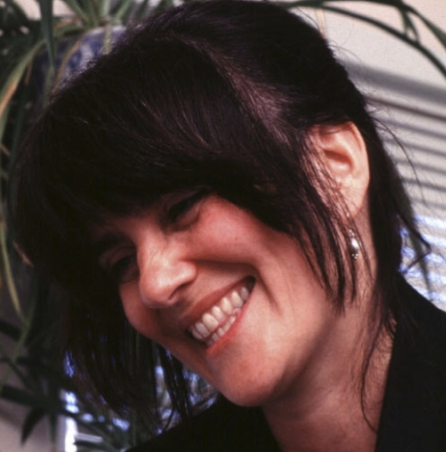
Brenda Loew M.Ac., AEMP, Dipl. Ac.
Brenda Loew, M.Ac., AEMP, Dipl. Ac., doctoral candidate, specializes in Japanese acupuncture systems, primarily Toyohari Meridian Therapy, Manaka Yin-Yang Channel Balancing Therapy and Shonishin (pediatric needle therapy). Practicing in Seattle, Washington since 1991, Ms. Loew is adjunct faculty at Bastyr University in Seattle, and at Middle Way Acupuncture Institute in Mt. Vernon, WA. She has taught at the Pacific Rim College of Integrative Therapies in Victoria, B.C., Cercle des Arts Thérapeutiques in Montreal, Canada, the Institute of Traditional Medicine in Toronto and the National College of Natural Medicine in Portland, as well as other locations throughout North America. Ms Loew has studied Toyohari Meridian Therapy since 1994 with on-going advanced studies in the U.S., Europe and Japan, and is an approved U.S. Instructor for the Toyohari Association. She is President Emeritus of the National Board of the Toyohari Association of North America (TANA), co-founder of the Japanese Acupuncture Institute, past President of the Northwest Branch of the Toyohari Association of North America, co-founder and team leader of Seattle Acupuncture for Veterans, and is on the editorial board of Keiraku Chiryo International Toyohari Newsletter. Her other interests include community service, meditation (she completed a year-long meditation retreat in 1988), tai chi, studying the acupuncture Classics, research, teaching and writing
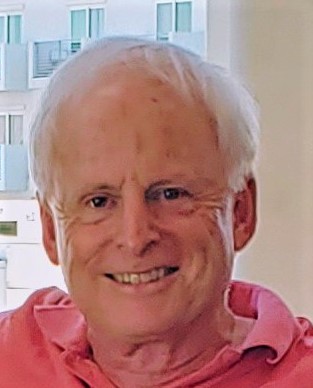
Daniel C. Cherkin, PhD
Daniel C. Cherkin, PhD (Epidemiology), is emeritus senior scientific investigator with the Kaiser Permanente Washington Health Research Institute (formerly Group Health Research Institute) and Affiliate Professor in Family Medicine at the University of Washington where he serves as Director of Research with the Osher Center for Integrative Medicine.For over 30 years, Dr. Cherkin’s research has focused on identifying more effective strategies for responding to the needs of the many persons with chronic back pain whose pain has not responded to conventional medical treatments. He has conducted numerous randomized clinical trials evaluating conventional approaches (e.g., patient education, shared-decision-making, cognitive behavioral therapy) and complementary and alternative medical therapies such as chiropractic manipulation, acupuncture, massage, and mindfulness meditation for low back pain.This research highlighted the importance of viewing back pain within a broad bio-psycho-social context in contrast to the largely biomedical view of back pain which has been prevalent for many decades.Because of the complexity of non-specific back pain, no specific treatments have been found highly effective, and it has become increasingly clear that a broader patient-centered “systems” approach will be required to better meet patients’ needs.
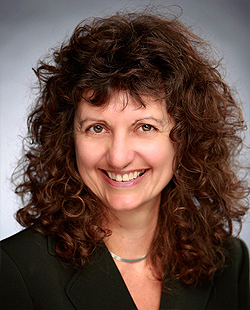
Lucille Marchand MD, BSN, FAAHPM
Farber Endowed Professor in Palliative Care Education Professor and Chief of Palliative Care, Department of Family Medicine
Dr. Marchand is board-certified in family medicine, palliative medicine and integrative holistic medicine. At the University of Wisconsin for 23 years, she practiced primary integrative medicine for 14 years in a rural family medicine residency practice, and then worked as an integrative medicine consultant at UW Health Integrative Medicine Clinic and was clinical director of IM at the UW Carbone Cancer Center and the ProHealth Cancer Center. She was founder and director of the St. Mary’s Hospital Palliative Care Program in Madison, WI, and was recruited to the University of WA as director of the UW Medical Center’s (UWMC) Palliative Care Program and section chief of PC in the UW DFM. She has trained and served as faculty in a number of healing modalities, including CAPACITAR (a multicultural educational approach to healing trauma) and RISEN (Reinvesting in Spirituality and Ethics in our Networks), and she is a certified yoga teacher. She has received numerous awards in teaching and humanities, and in 2017 received the American Academy of Hospice and Palliative Medicine Humanities Award, and in 2018 received the Society of Teachers of Family Medicine Gold Humanism Award. She now provides inpatient integrative palliative care at UWMC. Her efforts in clinical care, education and research include special interest in communication and training, focus on whole person wellness despite serious illness, resiliency and self-care in health science learners and clinicians, medical humanities, humanism, and narrative medicine interventions for well-being. She walks her talk of health and wellbeing. She was the founding executive director of the Osher Center at UW.
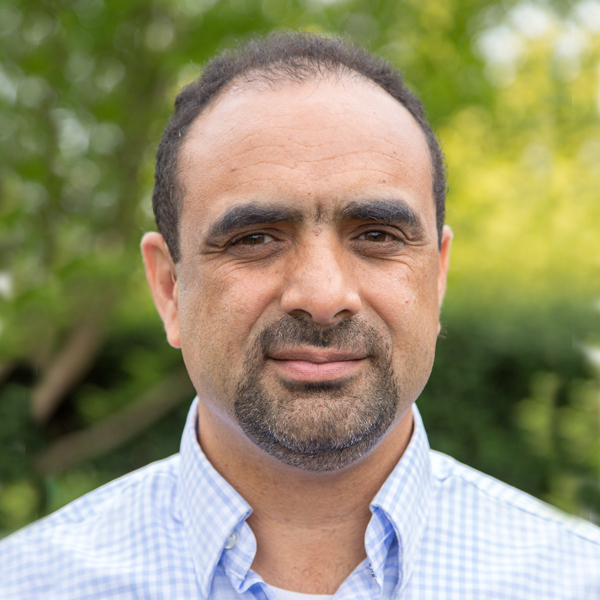
Misbah Keen MD, MBI
UW Professor and Vice Chair for Education, Department of Family Medicine
Misbah Keen, MD, graduated from Government Medical College in Srinagar, India and subsequently completed a family medicine residency at Mercy Health Partners in Toledo, OH. He also completed masters degrees in Bio-Medical Informatics through Oregon Health and Sciences University and Public Health through Johns Hopkins University. Prior to joining UW, he had been practicing full spectrum of family medicine at Columbia Basin Health Association in Othello, Wash. He has interests in teaching and mentoring, patient safety & medical errors, and medical informatics.
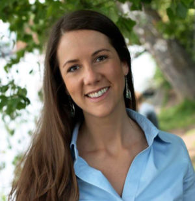
Gracia Tharp MSAOM, LAc
Acupuncturist
Gracia Tharp joined the Osher Center in Spring 2021, practicing at the Ballard Clinic. Her experience and training focus on the integration of Eastern medicine into the Western medical model. She holds a Master of Science degree in Acupuncture and Oriental Medicine (MSAOM) from Bastyr University and is board certified through the National Certification Commission for Acupuncture and Oriental Medicine (NCCAOM).
Gracia utilized acupuncture and manual therapies to address acute and chronic pain, alleviant symptoms related to digestive disorders, stress, sleep disturbances, and support side effects related to cancer treatments. Over the years, Gracia developed a strong interest in supporting women’s health. She works with women of all ages, helping them regulate their menstrual cycle, alleviate pain from pelvic disorders, prenatal/postnatal care, and alleviating menopausal symptoms.
In addition to clinical duties, Gracia Tharp has served on the Washington East Asian Medicine Association’s Board of Directors where she helped implement a pilot project to include acupuncture as a covered modality for Labor & Industry claims specific to low back pain. She is a passionate spokesperson for the integrative field and a frequent guest lecturer to the community and area medical providers.
Gracia believes the most successful patient outcomes occur when acupuncture is combined with other modalities. She closely collaborates treatment plans with her clinical colleagues to provide comprehensive yet individualized care.
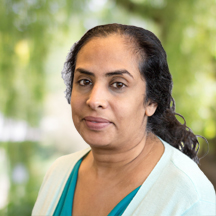
Amee Naidu MMS, PA-C
Bio coming soon

Dana Dieringer MD
Bio coming soon
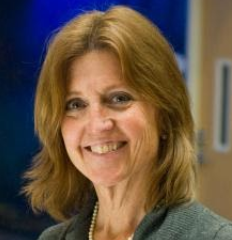
CORA C. BREUNER MD, M
UW Professor, Department of Pediatrics (Adolescent Medicine) UW Adjunct Professor, Department of Orthopaedics and Sports Medicine
Dr. Cora Breuner is director of integrative medicine in UW Medicine’s orthopaedics and sports medicine clinics. She is also a member of the Division of Adolescent Medicine and the Orthopaedics and Sports Medicine Department at Seattle Children’s, and she is director of the Seattle Children’s Adolescent Eating Disorder and Biofeedback clinics. In addition, she is the team physician for the West Seattle High School football team. Dr. Breuner’s research focuses on the education of medical students and residents on the integration of complementary medicine and conventional care, the use of biofeedback as an adjunctive modality to treat children and teens with headaches and chronic abdominal and musculoskeletal pain, and the use of yoga as a possible intervention for the treatment of eating disorders.
Dr. Breuner earned an M.D. at Jefferson Medical College in Philadelphia. She completed an internship and residency at the Naval Hospital in San Diego and an adolescent medicine fellowship at the UW. She also received a master’s in public health at the UW. She wrote her thesis on the use of complementary medicine to treat homeless youth. Dr. Breuner has won multiple teaching and advocacy awards and serves as the chair of the Committee for Adolescence with the American Academy of Pediatrics.
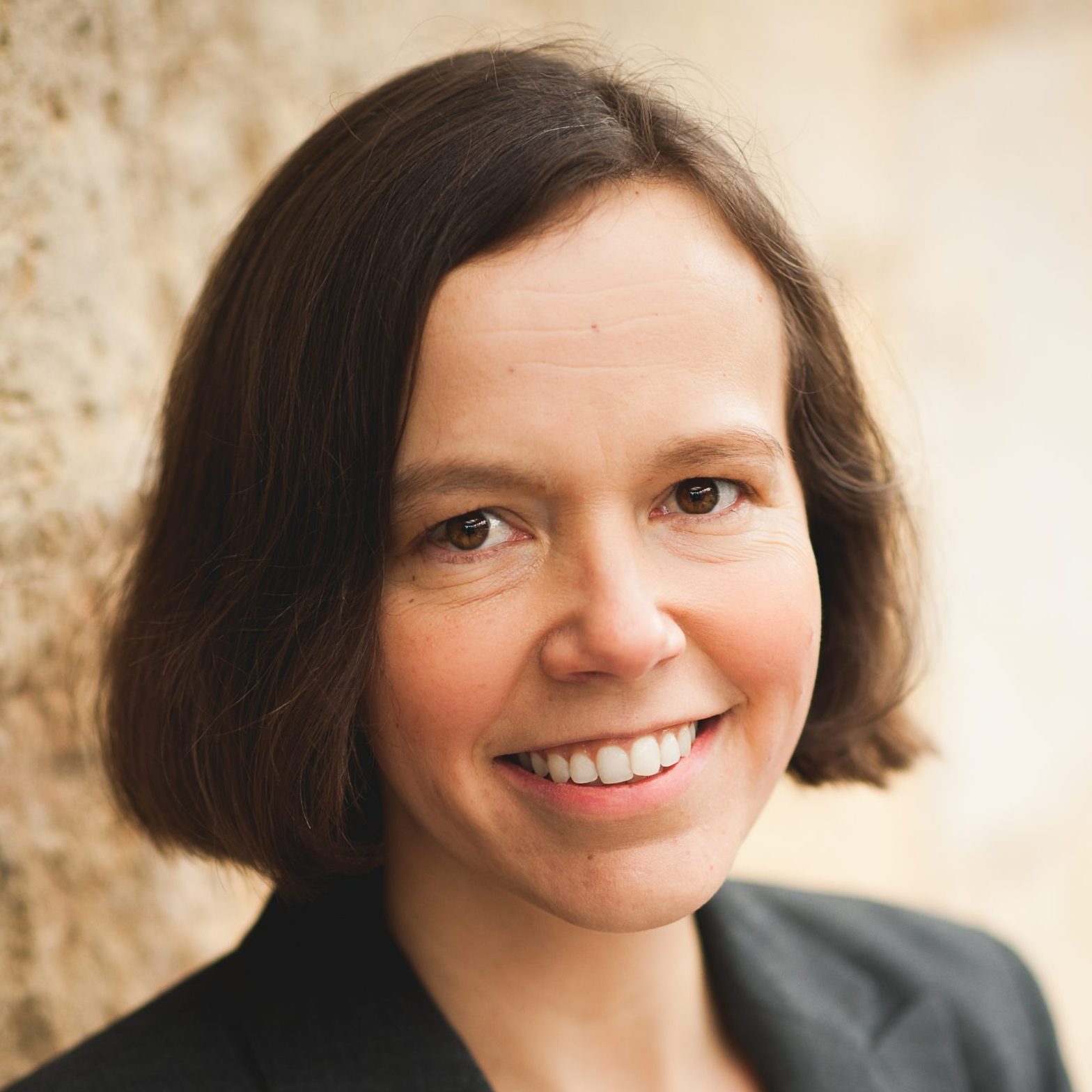
Allison M. Cole MD, MPH
Associate Professor, Department of Family Medicine, University of Washington
Dr. Cole is Associate Professor in the Department of Family Medicine at the University of Washington where she sees patients, conducts research and teaches family medicine residents. She attended medical school at the University of Iowa and received her Masters of Public Health in health services from the University of Washington. After completing her residency in family medicine at the University of Iowa Hospitals and Clinics, Dr. Cole practiced full time family medicine at a Community Health Center in the Seattle area. She completed a 2-year NRSA Primary Care Research Fellowship at the University of Washington and joined the faculty in 2012. She is Associate Director for the WWAMI region Practice and Research Network and leads research programs in cancer screening and prevention and implementation of evidence-based practice.
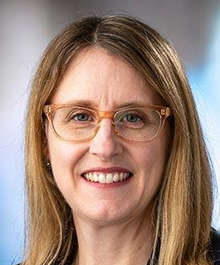
HEATHER GREENLEE ND, PH.D., MPH
Medical Director, Integrative Oncology Program, Seattle Cancer Care Alliance Associate Member, Public Health Sciences, Fred Hutchinson Cancer Research Center UW Associate Professor of Medicine, Division of Medical Oncology
Heather Greenlee, N.D., Ph.D., MPH, is medical director of the Integrative Oncology Program at the Seattle Cancer Care Alliance, a joint effort among Fred Hutchinson Cancer Research Center, UW Medicine and Seattle Children’s. Dr. Greenlee is an associate member in the Public Health Sciences Division at Fred Hutch and is an associate professor of medicine in the Division of Medical Oncology at the UW School of Medicine. She trained in naturopathic medicine at Bastyr University and in epidemiology at the UW and Columbia University. Previously, Dr. Greenlee was on the faculty at Columbia University’s Mailman School of Public Health and College of Physicians and Surgeons. Her research focuses on the use of complementary and integrative medicine and lifestyle modifications for cancer prevention and control, with a specific interest in Latina breast cancer survivors. She uses observational studies and clinical trials to investigate what cancer survivors can do (in addition to conventional treatment) to prevent cancer, decrease side effects of treatment and improve prognosis. Dr. Greenlee has particular expertise in conducting behavioral trials related to dietary modification, increasing physical activity and weight management. She is the principal investigator of two R01 s (a type of project grant) focused on breast cancer survivorship. Dr. Greenlee is an active member of SWOG- a worldwide network of researchers that designs and conducts cancer clinical trials- which is part of the National Cancer Institute’s National Cancer Clinical Trials Network. She is also a past president of the Society for Integrative Oncology.

Elizabeth H. B. Lin MD, MPH
clinical professor, School of Medicine, University of Washington, Department of Psychiatry and Behavioral Sciences
Elizabeth H. B. Lin, MD, MPH., is a family medicine physician, clinical professor at the School of Medicine, University of Washington, Department of Psychiatry and Behavioral Sciences. As a physician researcher, Dr. Lin and research team have conducted and published innovative and important research to improve mind-body health in general medical settings. This collaborative care model has been adopted world-wide. As a family medicine physician, she has provided primary care for diverse populations from various ethnic backgrounds.
Drl Lin graduated from Stanford University Medical School.After completing a UW affiliated Family Medicine Residency, Dr. Lin became a Robert Wood Johnson Faculty Fellow in the UW Department of Family Medicine, and received a Master’s in Public Health also from the University of Washington.
Dr. Lin has also trained extensively with founders of mindfulness, self-compassion, and compassion programs, and is a certified instructor for both Mindful Self Compassion, and Mindfulness-Based Stress Reduction. Dr. Lin has continued a daily meditation practice for nearly 30 years.
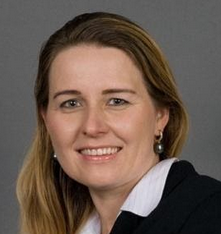
Natalia Murinova MD
Director, UW Medicine Headache Center UW Clinical Assistant Professor, Department of Neurology
Dr. Natalia Murinova has more than 20 years of clinical experience in internal medicine, neurology and headaches. She completed training in internal medicine and neurology and is board-certified in headache medicine. She is active in research on medication and complementary treatment of headache and facial pain. She teaches neurology, pain and headache medicine to medical students, residents and fellows as well as advanced registered nurse practitioners and physician assistants. Dr. Murinova has spoken at many regional, national and international conferences and published numerous articles and book chapters.
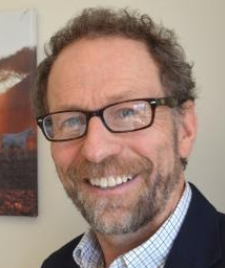
Peter Rabinowitz MD, MPH
Director, Center for One Health Research UW Associate Professor, Department of Environmental and Occupational Health Sciences, Department of Family Medicine and Department of Global Health
Dr. Peter Rabinowitz’s clinical and research interests include the role of the microbiome in health and the “One Health” paradigm that stresses the overlap between the health of humans, animals and the environment. He is involved with projects exploring the therapeutic role of the human-animal bond.
Dr. Rabinowitz received a B.A. from the University of Massachusetts Amherst, an M.D. from the UW and an MPH from Yale. He completed residency training in family medicine at UCSF and fellowships in general preventive medicine and occupational and environmental medicine at the Yale School of Medicine, where he was faculty and director of clinical services for the Yale Occupational and Environmental Medicine Program. He is board-certified in occupational and environmental medicine, family medicine and travel medicine. He is co-editor, with Lisa Conti, DVM, of the textbook Human-Animal Medicine: Clinical Approaches to Zoonosis, Toxicants, and other Shared Health Risks. He serves on the human-animal bond advisory board of Pet Partners, the largest national certifier of animal therapy teams. Dr. Rabinowitz is also an attending physician in the Occupational and Environmental Medicine Clinic at Harborview Medical Center.
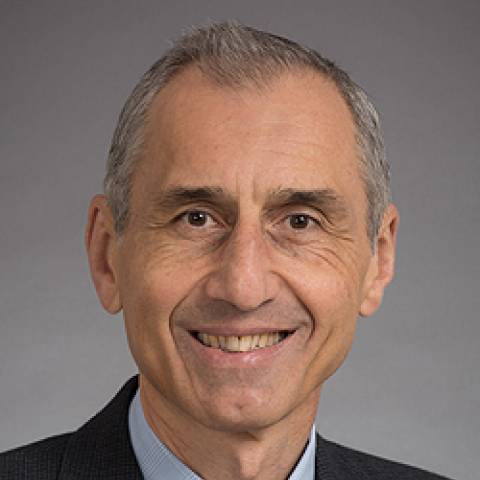
Iraki Soulakvelidze MD
UW Clinical Associate Professor, Department of Anesthesiology and Pain Medicine Attending Physician, UW Medical Center's Center for Pain Relief
Dr. lrakli Soulakvelidze specializes in treating all kinds of chronic pain and is particularly interested in spinal and neuropathic pain and complex regional pain syndrome. As director of the UW Pain Fellowship from july 2013 to january 2015, he was involved in the education of pain fellows and anesthesia residents. Dr. Soulakvelidze’s long-time interest has been studying the scientific and medical underpinnings of contemplative traditions of mindfulness and compassion. This interest led him to pursue teacher training in mindfulness-based stress reduction (MBSR) through the University of Massachusetts and compassion cultivation training through Stanford. In 2015, Dr. Soulakvelidze became a certified teacher in each discipline. These teacher-training qualifications allowed Dr. Soulakvelidze to provide compassion cultivation training to faculty and graduate students at UW Medical Center. As of late December, he’s teaching “The Science and Practice of Empathy and Compassion Cultivation in Medicine,” a new class for medical students.
Dr. Soulakvelidze’s next major effort is to offer MBSR, an evidence-based treatment, to chronic pain clinic patients. (The University of Massachusetts, the University of Pittsburg and the UW have all performed major randomized controlled trials on the subject.) Discussions with UW Medical Center leadership are underway about introducing MBSR to chronic pain clinic patients, which would create a pathway for developing a robust clinical research program.

